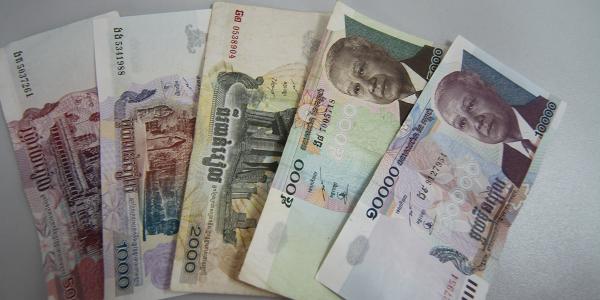
What is the minimum wage?
A minimum wage is a legislated minimum remuneration an employer is allowed to legally pay workers. Minimum wages are distinguished from a “living wage” defined as the minimum income required by a worker and their dependents to meet basic needs including food, shelter and clothing. In Cambodia, the minimum wage is referred to as the “guaranteed minimum wage”. Article 104 of the Labour Law contemplates that the minimum wage is designed to “ensure every worker of a decent standard of living compatible with human dignity”.
Minimum wages can be determined according to the lowest hourly, daily, weekly or monthly remuneration and in Cambodia, minimum wages are calculated according to a monthly wage determinant and is established for all workers covered by the Labour Law (Article 107). Any agreement that remunerates workers at a rate less than the guaranteed minimum wage is considered null and void (Article 105). The Labour Law also accounts for piece rate workers and their average monthly wages cannot be lower than the guaranteed minimum wage (Article 108).
How is the minimum wage determined?
The minimum wage was established with the adoption of the Cambodian Labour Law 1997 and Article 107 gives authority to the Ministry of Labour and Vocational Training (MoLVT) to determine the minimum wage after receiving recommendations from the Labour Advisory Committee, a tripartite body consisting of representatives from the MoLVT, employer associations and trade unions.
According to the Labour Law, a number of factors are taken into consideration when determining the minimum wage. This includes an assessment of the needs of workers (the cost of living, salary levels and comparative standards of living) as well as consideration of economic factors (economic development, productivity and employment).
However, despite articulating who is vested with the power to determine the minimum wage, the Labour Law does not provide a clear mechanism for minimum wage determination with the absence of regular timeframes for review of the minimum wage or clear assessment of cost of living and economic indicators.
In this regard, the Ministry of Social Affairs, Veterans and Youth Rehabilitation (MoSAVYR) established a tripartite taskforce to carry out research on a decent minimum wage in August 2013. The taskforce will consist of representatives from government, employer associations and trade unions.
In line with the process established in the Labour Law, the MoLVT set the minimum wage at US$40 per month in 1997 but reviews of the minimum wage have been irregular since then. In 2000, the minimum wage was increased to US$45 per month. Six years later, it was raised to US$50 per month in 2006. It was raised again in 2008 (US$56) including allowance, 2010 (US$61) and in May this year, the Labour Advisory Committee increased the minimum wage by US$14 to US$75 per month. The incorporation of the mandatory US$5 health allowance brings the minimum payment received by workers to US$80 per month.
In notification 209 issued on 6 August 2013 by the Ministry of Social Affairs, Veterans and Youth Rehabilitation (MoSAVYR), the Royal Government of Cambodia will be arranging a discussion on the increase of the minimum wage for all workers in 2014 through the tripartite mechanism.
